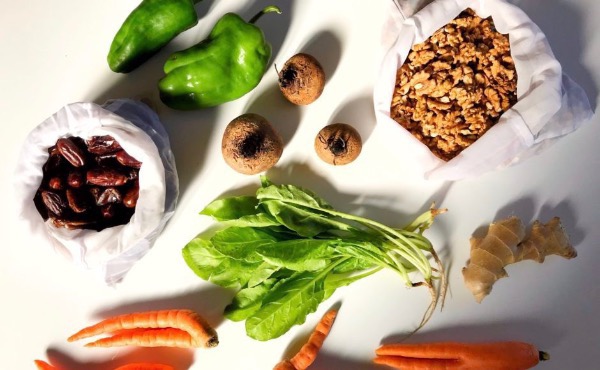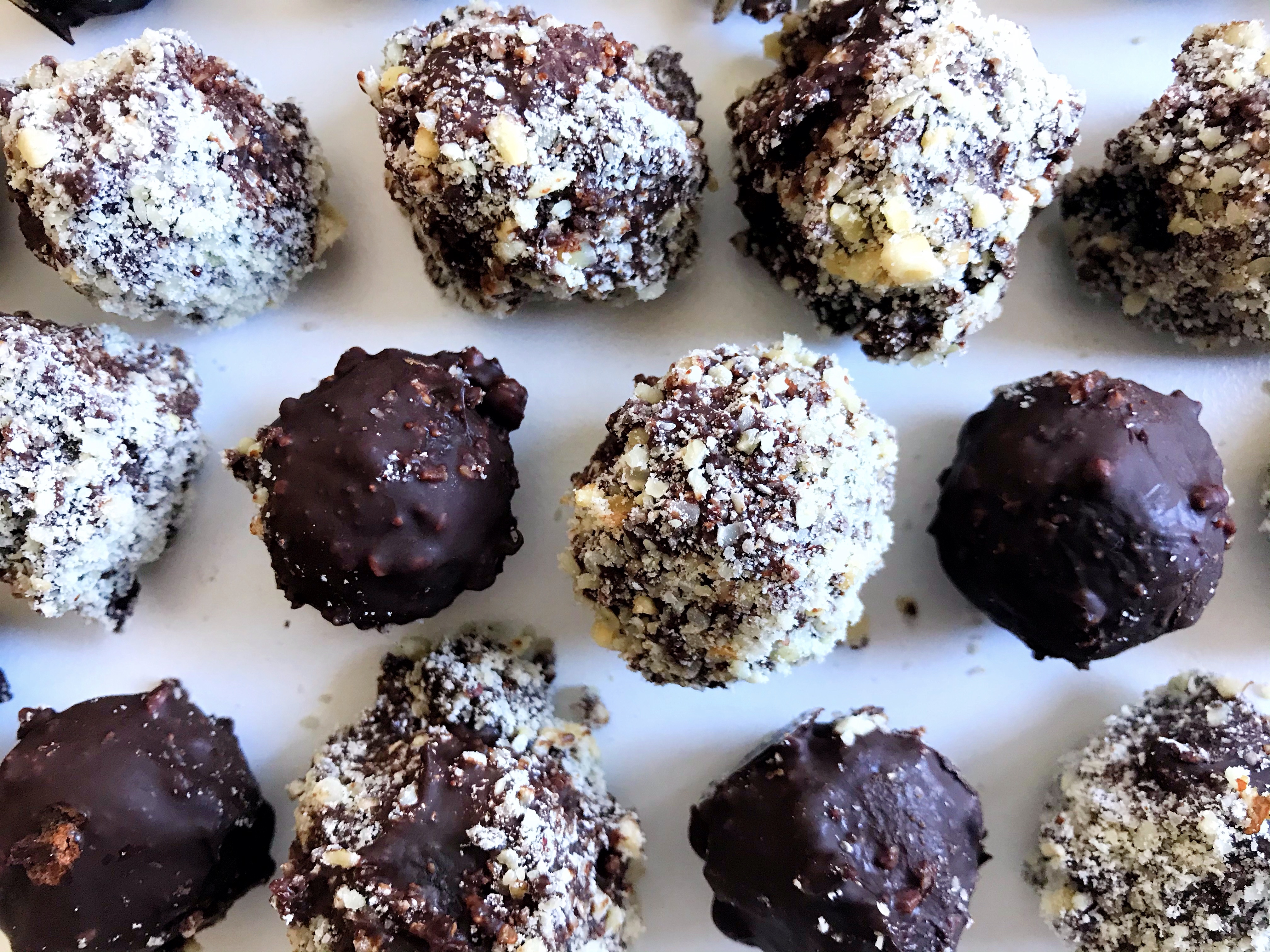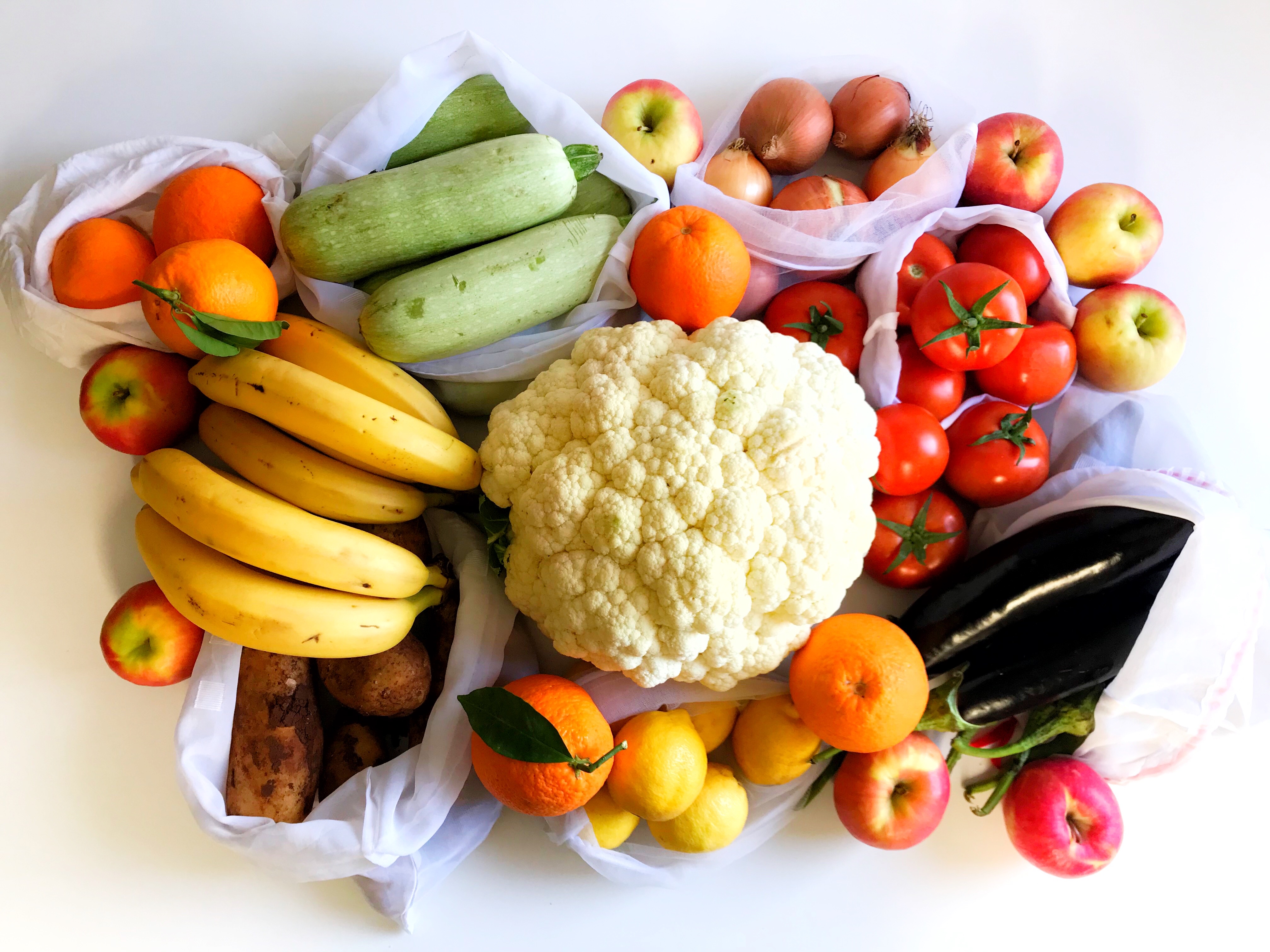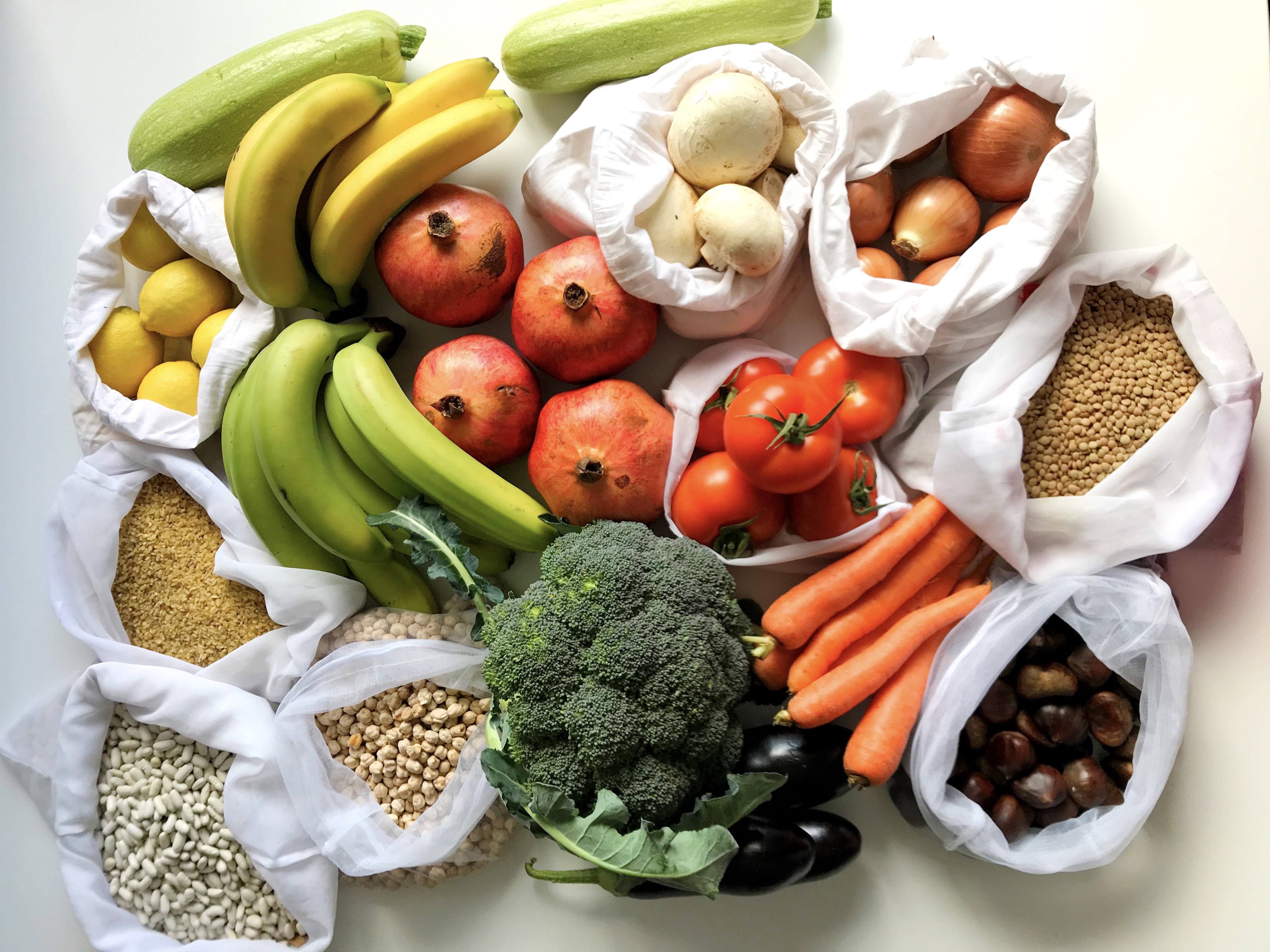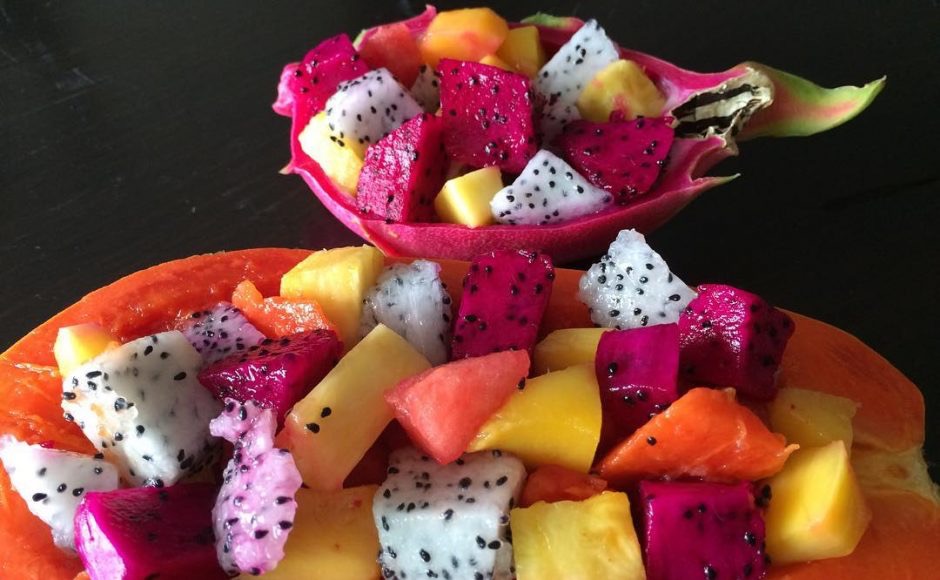How much fruit is too much fruit
FRESH FRUIT – “NATURAL SUGAR” the source of natural sweetness, is health promoting because it is packed with vitamin, antioxidants, minerals, fibre and it is an excellent source of calories for the human body.
Is “Sugar” from the fruit our Enemy or Friend?
Let’s get it straight.
The question of sugar can be complicated, because most people are familiar with the dangers of refined and processed carbohydrates.
“Sugar” has become a bad word, and there is much justification for this, as the sugars that most people are eating in their usual diets are “REFINED SUGARS”, meaning the carbohydrates found in whole foods have been extracted, stripped from the fibre and other components present in food, sometimes broken down further into simple sugars, and concentrated.
Concentrated, refined carbohydrates take the form of table sugar, brown sugar, concentrated fructose or dextrose, high-fructose corn syrup, agave syrup, maple syrup, and many others.
And this type of “REFINED SUGAR” can be damaging for our health.
While there is NO evidence yet suggesting people need to limit FRUIT consumption – “NATURAL SUGAR”
As far as the quantity of “natural sugar” from fresh fruit or whole carbohydrate (e.g potatoes, brown rice, oats, corn, whole grains) someone is consuming, is extremely healthy.
And
”Natural sugar” is the primary source of energy for the body, and in fact the brain can only burn sugar as fuel (as opposed to other parts which can make use of fat or protein if carbohydrate is not available).
So we recognise:
A simple sugar, or simple carbohydrate, is composed of 1-2 sugar molecules (monosaccharide or disaccharide).
• Fructose (found in fruit), lactose (found in milk), and sucrose (white sugar) are examples of simple sugars.
• Simple sugars are found naturally in fruits, dairy, and some vegetables, and unnaturally in refined carbohydrate products, candy, or syrups.
• Glucose is the most abundant monosaccharide and is what is referred to when blood sugar is measured.
A complex carbohydrate is a long-chain carbohydrate, composed of 3 or more sugar molecules (polysaccharide).
• Cellulose, starch, and glycogen are examples of three polysaccharides prevalent in nature.
• Cellulose is found in the walls of most plants, and much of the insoluble fibre in our diet is cellulose – humans do not possess the enzyme to digest it.
• Starch is found in the seeds and roots plants, such as corn, rice, wheat, potatoes, squash, and quinoa – starch is water soluble, and humans do possess the necessary amylase enzymes to digest it.
• Glycogen is the major form of polysaccharides that are stored in animals for energy, primarily in the liver and muscle.
Let’s see some research examples which has been done:
Most dietary recommendations for type 2 diabetics suggest eating fibre-rich foods including fruit. That’s because fruit is healthy and has been shown to improve artery function and reduce cancer risk. However, some health professionals restrict the amount of fruit they recommend because they’re worried about the sugar content of fruit.
But what does the research say?
• In one study TYPE 2 DIABETICS were put into two groups.One group was told to eat a MINUMUM OF 2 pieces of fruit a day, and the other was told to eat NO MORE THAN 2 pieces of fruit a day.Result?There were no positive effects or weight changes in the group that had reduced their fruit intake.Therefore, the intake of fruit should not be restricted in patients with type 2 diabetes.(See more research done here How much fruit is too much fruit)
• Quoting from the Harvard Health Letter, the nutritional problems of fructose and sugar come when they are added to foods. Fruit on the other hand is beneficial in almost any amount.What do they mean by almost?Can we eat 10 or 20 fruit a day? It has been put to the test.17 people were made to eat 20 servings of fruit a day.Despite the extraordinary high fructose content of their diet (presumably about 200g/day) the investigators reported NO ADVERSE EFFECTS.And possible benefits actually – for body weight, blood pressure, and insulin and lipid levels after 3 to 6 months.
So the bottom line is
“NATURAL SUGAR” from Fruits & Whole Carbs is our “FRIEND”.
And
“REFINED SUGAR” is our “ENEMY”.
To stay healthy or to get your health back
Eat and thrive on
• Abundance of variety of WHOLE PLANT FOODS – “Natural sugar” (fresh fruit, fresh vegetables, starches, legumes, whole grains) Click for recipes for you
• Minimise but better to completely eliminate “Refined sugars” (sweets, artificial drinks, white flour products)
• Eat your whole nuts and seeds occasionally.
• Forget about processed food.
I have also summarised couple of articles and video for you for the deeper understanding of this topic
1. If fructose is bad, what about fruit (video)
2. How to make your own fruit and vegetable wash (video)
3. Is the sugar in fruit healthy or unhealthy (article)
Keep your BODY HEALTHY & EAT WHOLE PLANT BASED FOOD
Thank you for reading and taking the time to watch these videos and reading the information in these articles.
Looking forward to your comments below.
From my heart to yours.
Inkka💕
Learn about
Whole food plant based lifestyle
My journey to plant based lifestyle
Health benefits of whole food plant based lifestyle
Environmental benefits of plant based lifestyle
Why to live zero waste lifestyle


